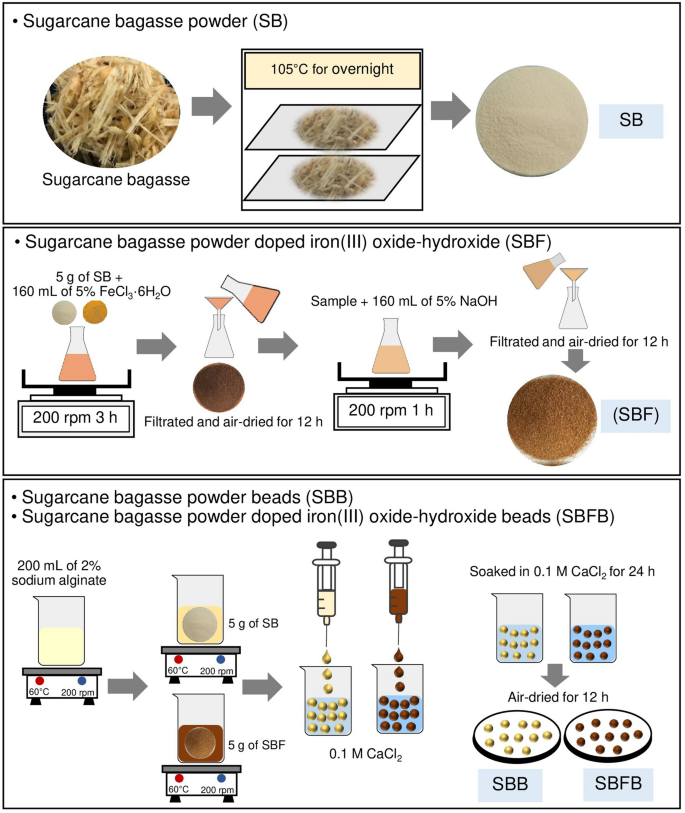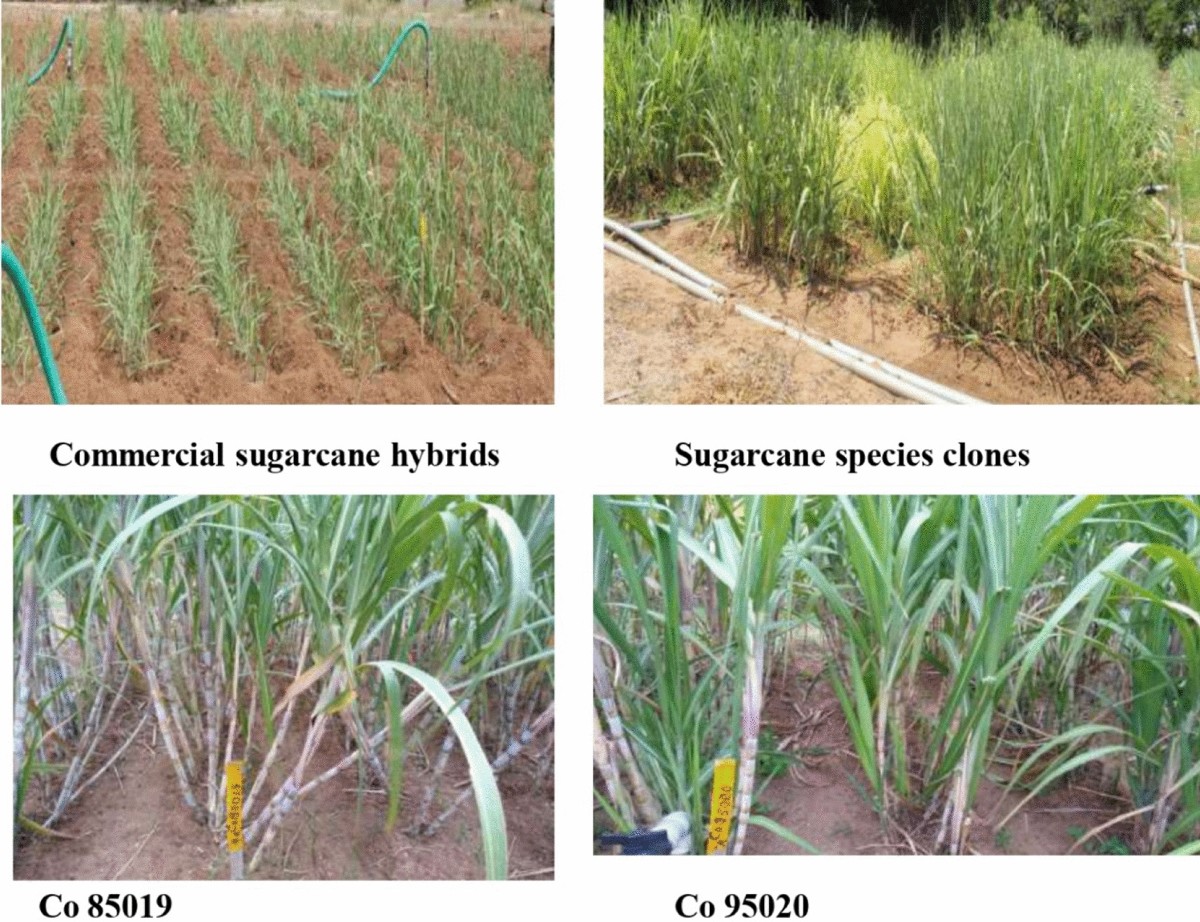5 Surprising Benefits of Products From Sugarcane You Didn’t Know
5 Surprising Benefits of Products From Sugarcane You Didn’t Know
Blog Article
Discover the Innovative Benefits of Products From Sugarcane for Sustainable Living
Sugarcane has arised as a pivotal resource in the quest for sustainable living. Its diverse applications cover naturally degradable packaging, renewable resource, and much healthier food alternatives. As sectors seek eco-friendly options, sugarcane's adaptability offers encouraging services. Nevertheless, truth capacity of sugarcane expands past its present usages. Exploring its ingenious benefits could reveal new pathways towards a much more lasting future. What various other opportunities might this amazing plant hold?

The Rise of Sugarcane as a Sustainable Source
As global recognition of environmental problems grows, sugarcane has actually become a popular sustainable source. This versatile crop offers a selection of benefits that contribute to environment-friendly methods. Sugarcane is an eco-friendly resource, with the ability of prospering in diverse environments while absorbing carbon dioxide, consequently minimizing greenhouse gas discharges. Its rapid growth cycle permits constant harvesting, resulting in a continual supply of raw material.Additionally, sugarcane cultivation typically requires less water contrasted to other crops, making it an effective choice in water-scarce regions. The spin-offs of sugarcane, such as bagasse and molasses, can be repurposed for different applications, decreasing waste and promoting round economy concepts. Developments in farming methods have led to more sustainable farming methods, even more boosting sugarcane's ecological account. As consumers progressively seek sustainable options, sugarcane sticks out as a feasible alternative for those devoted to decreasing their environmental impact.
Naturally Degradable Product Packaging Solutions
How can eco-friendly product packaging options transform the method customers come close to sustainability? By using sugarcane-based materials, these cutting-edge remedies offer a compelling alternative to conventional plastics. Biodegradable product packaging made from sugarcane decays naturally, markedly reducing land fill waste and greenhouse gas exhausts. As customers end up being significantly mindful of their ecological influence, the need for sustainable product packaging continues to rise.These sugarcane-derived products not just serve useful purposes yet also straighten with eco-conscious customer worths. They offer a concrete means for people and companies to add to a round economy, promoting resource efficiency and lessening environmental impacts. In addition, as sectors take on naturally degradable alternatives, they cultivate a society of sustainability that reverberates with a growing demographic seeking responsible choices.In significance, eco-friendly product packaging solutions from sugarcane stand for a crucial progression in lasting methods, empowering consumers to make eco-friendly choices without sacrificing comfort or top quality.
Renewable Resource Generation From Sugarcane
A significant part of renewable resource generation can be derived from sugarcane, showcasing its convenience beyond typical agricultural uses. Sugarcane biomass, including bagasse and leaves, is a powerful resource for bioenergy manufacturing. This biomass can be transformed right into biofuels such as ethanol, which works as a cleaner option to fossil gas. Additionally, the burning of sugarcane results generates steam and power, providing an energy resource for sugar mills and neighboring communities.The cultivation of sugarcane also contributes to carbon sequestration, as the plants soak up carbon dioxide throughout their development cycle. By making use of sugarcane for energy, waste is minimized, and lasting techniques are encouraged. This renewable resource method not only supports energy requirements yet also promotes country development, developing jobs in bioenergy sectors. On the whole, sugarcane sticks out as a principal in the change to lasting power remedies, straightening with worldwide efforts to decrease carbon footprints.

Eco-Friendly Textiles and Fabrics
Green textiles and textiles originated from sugarcane provide a promising alternative to traditional products. These biodegradable alternatives not only lower environmental influence yet also provide sturdiness and efficiency similar to traditional textiles. Lasting production procedures even more improve their allure, making them an important component of a sustainable way of living.
Naturally Degradable Textile Choices
Why is the change towards naturally degradable fabric choices vital for lasting living? The increasing awareness of ecological degradation has triggered a search for options to conventional textiles, which frequently contribute to air pollution and waste. Naturally degradable textiles, acquired from renewable energies such as sugarcane, use a promising solution. These materials decompose naturally, reducing landfill build-up and minimizing ecological impact. Furthermore, they can assist reduced carbon impacts and dependence on nonrenewable fuel sources. As consumers become much more eco-conscious, the demand for sustainable fabrics expands, motivating manufacturers to introduce and spend in biodegradable options. This modification not only supports lasting practices however also promotes a circular economic situation, leading the means for a more responsible approach to style and fabric production.
Resilience and Performance
Resilience and efficiency are important factors when evaluating environmentally friendly textiles and materials. Sugarcane-derived materials show excellent strength and resilience, making them suitable for various applications. These fabrics frequently exhibit superior moisture-wicking residential or commercial properties, which improve convenience my response in day-to-day wear. Furthermore, their all-natural fibers add to breathability, ensuring that garments continue to be wearable and fresh even in requiring problems. The performance of sugarcane-based textiles expands to their resistance to tear and put on, allowing items to keep their honesty with time. These environment-friendly fabrics can be treated to improve UV protection and tarnish resistance, meeting the functional demands of customers without endangering sustainability. Eventually, sugarcane fabrics use a harmonious balance of toughness and performance, interesting ecologically aware individuals.
Lasting Production Procedures
The excellent sturdiness and performance of sugarcane-derived fabrics are complemented by lasting manufacturing procedures that prioritize ecological obligation. These procedures make use of eco-friendly resources, decreasing dependence on fossil gas and reducing carbon footprints. By utilizing the by-products of sugarcane growing, suppliers can produce environmentally friendly fabrics while promoting waste reduction. Advanced techniques, such as water-efficient dyeing and naturally degradable treatments, further enhance the sustainability of these textiles. Furthermore, using safe chemicals warranties that the production process does not harm environments or human wellness. This dedication to sustainability not only attract environmentally conscious customers yet likewise sustains neighborhood economies by advertising lasting agricultural practices. On the whole, sugarcane-derived fabrics stand for a considerable step towards a greener future in the fashion market.
Sugarcane-Based Biofuels and Their Influence

Sugarcane-based biofuels have actually become a significant alternative energy resource, supplying an eco-friendly service to the world's expanding power demands. These biofuels, acquired from the fermentation of sugarcane juice or molasses, provide an even more sustainable option contrasted to nonrenewable fuel sources. Their manufacturing process produces reduced greenhouse gas discharges, adding to environment change mitigation efforts.Additionally, sugarcane biofuels can improve power safety by expanding energy resources and lowering dependancy on imported oil. The growing of sugarcane additionally promotes country advancement, creating jobs and boosting regional economies.However, worries relating to land use and food competition continue, as enhanced biofuel manufacturing may influence food supply chains. Sustainable farming techniques are vital to balancing these completing rate of interests and making sure that biofuel manufacturing does not threaten food security. Generally, sugarcane-based biofuels represent an appealing avenue for a greener energy future, offered that their social and ecological implications are carefully taken care of.
Much Healthier Alternatives: Sugarcane in Food Products
While numerous customers look for much healthier options in their diet plans, sugarcane items provide a nourishing alternative to improved sugars and man-made sugar. Acquired from the all-natural removal of sugarcane juice, these products maintain essential nutrients, consisting of nutrients, that are frequently lost in refined sugars. Sugarcane has antioxidants and nutritional fiber, adding to overall health and wellness.Many health-conscious individuals are turning to sugarcane syrup and jaggery, which provide a lower glycemic index contrasted to traditional sugars, making them ideal for those taking care of blood sugar degrees. Additionally, sugarcane-derived sugar can enhance the taste of numerous dishes without the damaging impacts connected with artificial additives.This shift in the direction of all-natural sweetening representatives not just advertises better nutritional options yet also straightens with sustainable living methods, as sugarcane is a sustainable resource. Sugarcane items are emerging as favorable alternatives in the domain of food items.
The Future of Sugarcane in Sustainable Technologies
The future of sugarcane is positioned to incorporate ingenious applications that expand past conventional uses. Its possible as a source for eco-friendly packaging remedies and renewable resource resources highlights its duty in lasting techniques. Discovering these advancements can considerably influence environmental preservation and resource monitoring.
Naturally Degradable Packaging Solutions
A raising variety of business are transforming to biodegradable product packaging solutions derived from sugarcane as an encouraging choice to standard plastics. These cutting-edge products, commonly made from sugarcane fibers and bioplastics, decay normally, lowering the durable ecological influence connected with standard plastic waste. By using renewable energies, sugarcane-based packaging contributes to a much more sustainable manufacturing cycle, aligning with worldwide initiatives to combat air pollution and environment change. Additionally, these remedies typically preserve the toughness and functionality needed for numerous applications, from food containers to shipping products. As customer demand for eco-friendly options expands, services taking on sugarcane product packaging not only view publisher site boost their brand name picture yet also play an essential function in cultivating a round economic situation, paving the method for a greener future.
Renewable Resource Resources
Naturally degradable packaging remedies are simply one element of the more comprehensive capacity of sugarcane in advertising sustainability. An additional considerable application depends on renewable resource resources. Sugarcane is a versatile plant that can be used to create biofuels, such as ethanol, which functions as a cleaner option to fossil fuels. The fermentation procedure of sugarcane juice yields ethanol that can power cars and produce power. Additionally, the by-products of sugarcane processing, like bagasse, can be used this to produce biomass energy, providing a lasting and efficient approach to harness energy. This double duty as both a source of biofuel and biomass emphasizes sugarcane's capacity in decreasing carbon discharges and supporting a shift to a more sustainable energy landscape in the future.
Often Asked Inquiries
Exactly How Is Sugarcane Harvested Sustainably?
Sugarcane harvesting can be sustainable with methods like hand-operated cutting, which reduces soil disruption, and utilizing machinery that reduces fuel intake (Products From Sugarcane). Crop rotation and incorporated parasite management further boost environmental health and wellness and promote long-term soil fertility
What Are the Ecological Influences of Sugarcane Farming?

Can Sugarcane Products Be Reused?
The concern of whether sugarcane items can be reused reveals a positive overview. Numerous sugarcane-derived materials, such as bioplastics and product packaging, are created for recyclability, adding to an extra lasting waste management method within environmental factors to consider.
Exist Any Downsides to Using Sugarcane-Based Products?
The drawbacks of using sugarcane-based products include possible land usage competition with food crops, difficulties in large-scale manufacturing, and worries regarding the ecological impact of monoculture farming practices, which can decrease biodiversity and dirt health.
Exactly How Does Sugarcane Farming Affect Resident Communities?
Sugarcane farming impacts local areas by giving employment possibility and boosting local economic situations. It can likewise lead to land conflicts and ecological concerns, influencing farming practices and community health, necessitating a balanced approach to development. Innovations in farming methods have actually led to even more sustainable farming techniques, better improving sugarcane's environmental account. Additionally, the combustion of sugarcane byproducts creates heavy steam and electricity, supplying an energy resource for sugar mills and neighboring communities.The cultivation of sugarcane additionally contributes to carbon sequestration, as the plants soak up carbon dioxide throughout their development cycle. By using sugarcane for energy, waste is lessened, and lasting practices are motivated - Products From Sugarcane. Sugarcane consists of antioxidants and nutritional fiber, contributing to total wellness and wellness.Many health-conscious people are transforming to sugarcane syrup and jaggery, which offer a reduced glycemic index compared to conventional sugars, making them ideal for those handling blood sugar degrees. Furthermore, the byproducts of sugarcane processing, like bagasse, can be used to produce biomass power, supplying a lasting and efficient technique to harness power
Report this page